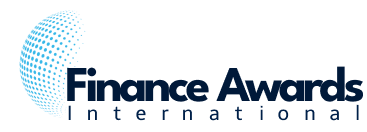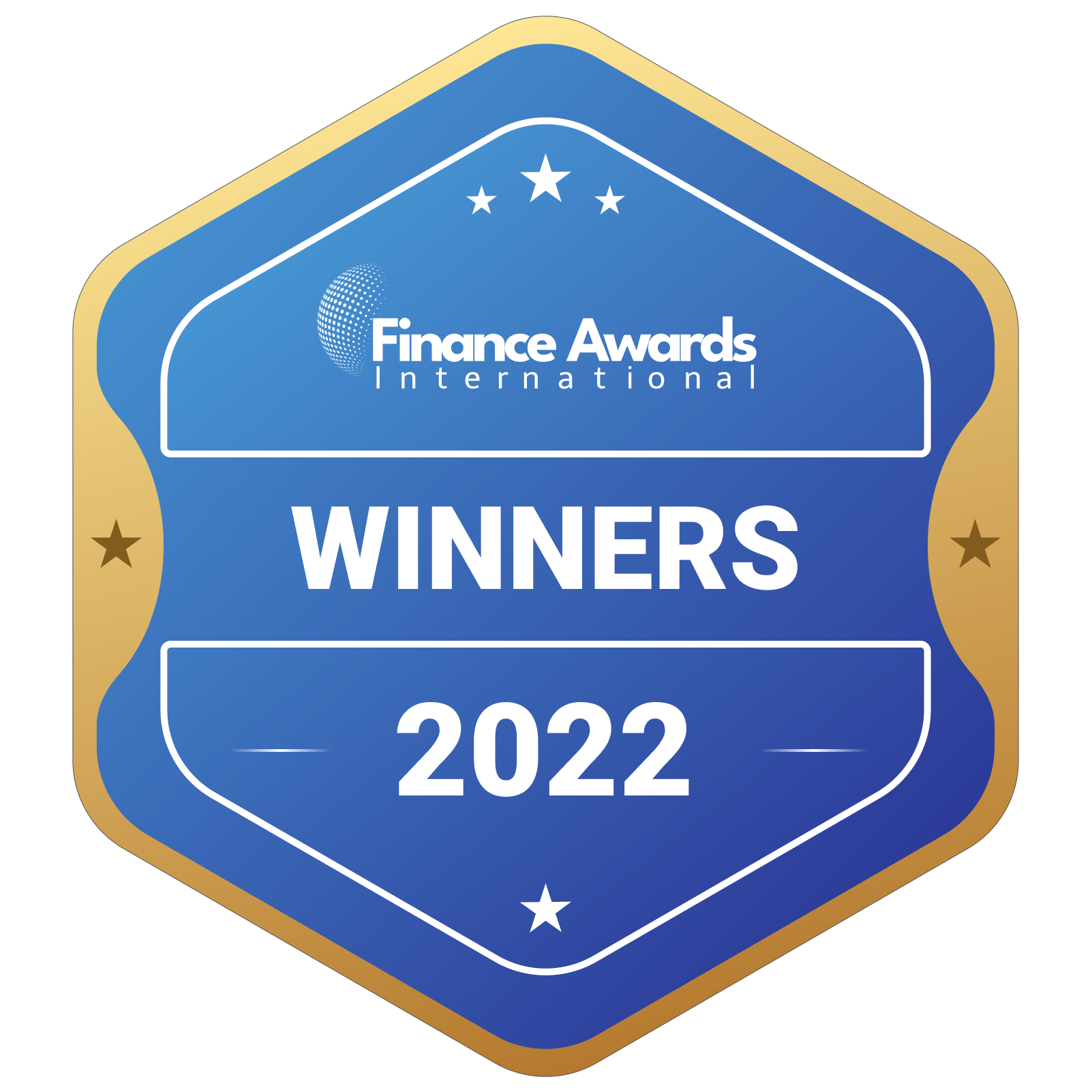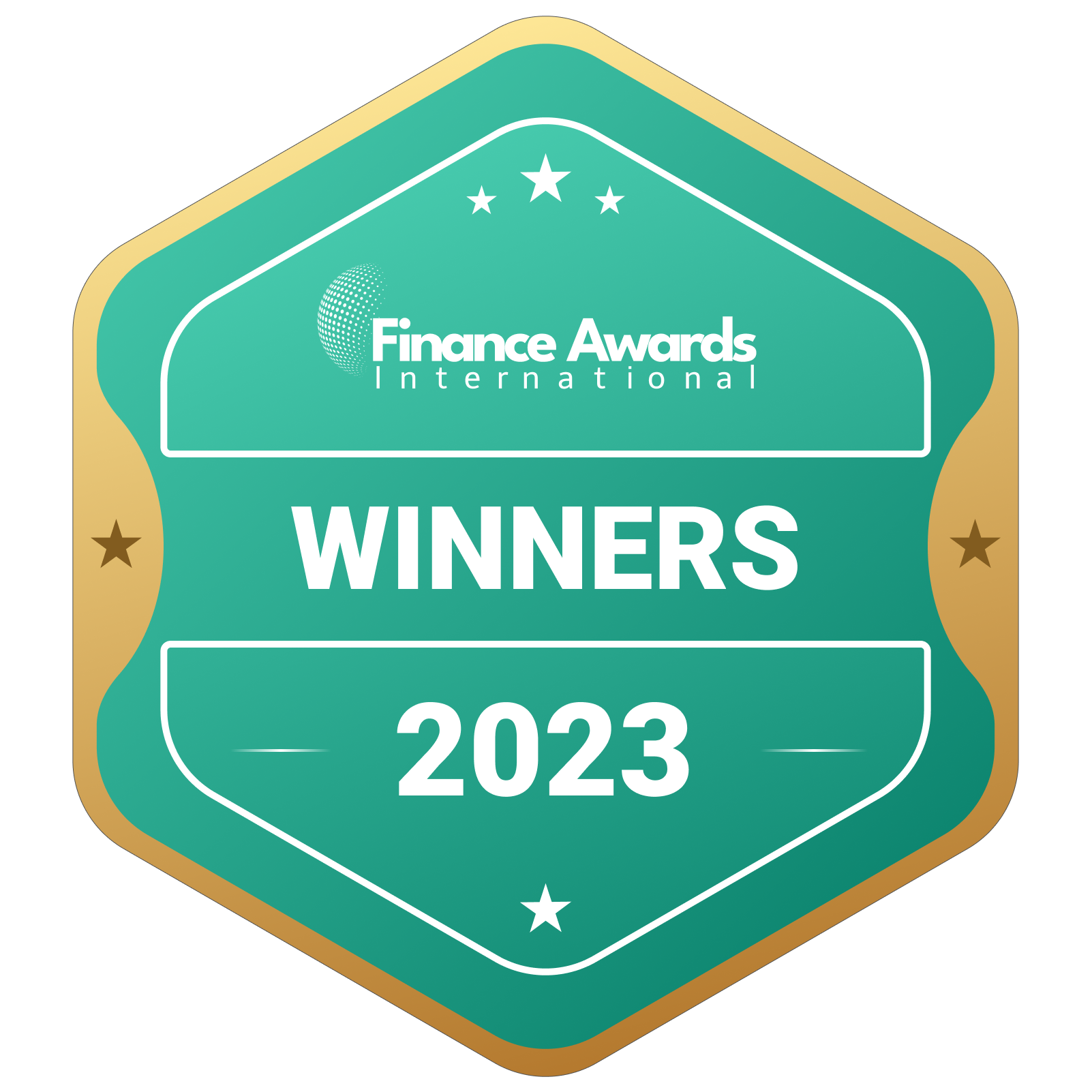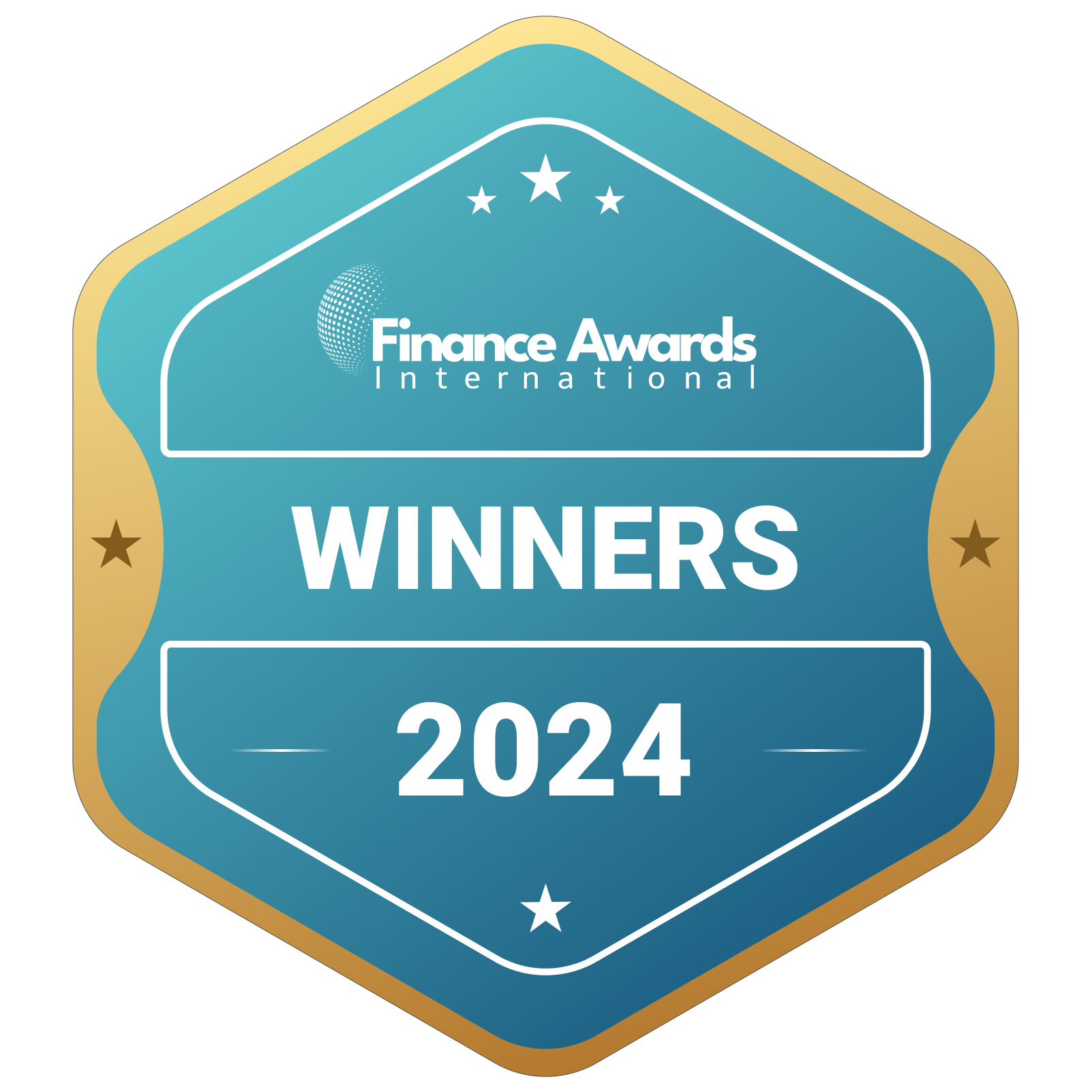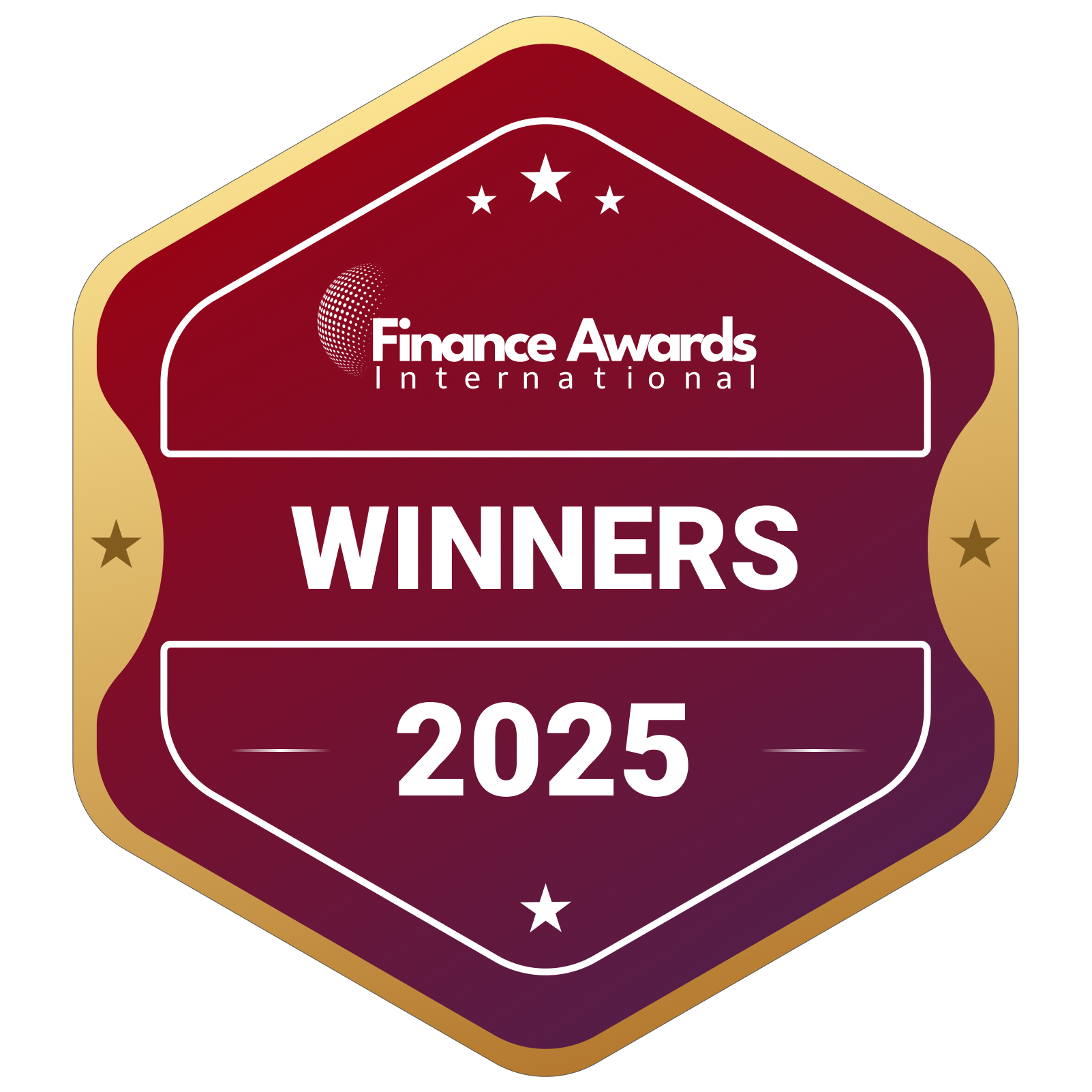Running a business is no walk in the park. At some point, every entrepreneur or business owner needs a little financial boost to grow, expand, or even just keep things running smoothly. That’s where commercial bank loans come into play. But here’s the catch—there’s no one-size-fits-all option. Banks offer a variety of loans, each designed to meet different needs.
In this article, we’re diving into the types of commercial bank loans, breaking them down so you can figure out which one might work best for your business.
What Are Commercial Bank Loans?
Before we jump into the specifics, let’s get the basics straight. A commercial bank loan is a type of financing provided by banks specifically to businesses. These loans can be used for a variety of reasons—buying equipment, expanding operations, managing cash flow, or even starting a brand-new venture.
The beauty of commercial loans? They’re flexible, and banks often work with businesses to structure loans tailored to their specific needs. But not all loans are created equal, and understanding the options is key to making the right choice.
Why Do Businesses Need Commercial Loans?
Running a business without adequate funding is like trying to drive a car with an empty gas tank—it just doesn’t work. Commercial loans can help businesses:
- Expand operations or open new locations.
- Purchase equipment or inventory.
- Cover day-to-day operating costs.
- Manage unexpected expenses or emergencies.
- Take advantage of new opportunities, like acquiring another company.
Sound familiar? If you’re nodding in agreement, read on to find out what types of loans might fit your needs.
1. Term Loans
Let’s kick things off with one of the most common options—term loans. Think of these as the bread and butter of commercial loans.
What Are They?
A term loan is a lump sum of money that you borrow and repay over a fixed period, usually with regular monthly payments. These loans are often used for big-ticket expenses, like purchasing equipment, expanding facilities, or funding major projects.
Key Features:
- Fixed repayment schedule (typically monthly).
- Interest rates can be fixed or variable.
- Loan terms range from short-term (a few months) to long-term (several years).
Who Are They Best For?
If you’re looking to make a major investment in your business and can commit to regular payments, a term loan might be your best bet.
2. Business Lines of Credit
Ever wish you had a financial safety net? That’s exactly what a business line of credit offers.
What Is It?
A business line of credit is a revolving loan that allows you to borrow up to a certain limit, repay it, and borrow again as needed. It’s like having a credit card for your business.
Key Features:
- Flexible borrowing and repayment.
- Interest is only charged on the amount you use.
- Often unsecured, meaning you don’t need to put up collateral.
Who Are They Best For?
Lines of credit are ideal for managing cash flow, covering short-term expenses, or handling emergencies. They’re perfect for businesses with fluctuating income or seasonal needs.
3. SBA Loans
The U.S. Small Business Administration (SBA) partners with banks to offer loans with favorable terms for small businesses.
What Are They?
SBA loans aren’t issued directly by the SBA but are guaranteed by them, which reduces the risk for banks and allows them to offer lower interest rates and longer repayment terms.
Popular Types of SBA Loans:
- 7(a) Loan Program: Flexible and can be used for various purposes.
- 504 Loan Program: Designed for purchasing fixed assets like real estate or equipment.
- Microloans: Smaller loans, typically under $50,000, for startups or smaller businesses.
Who Are They Best For?
If you’re a small business owner looking for affordable financing options, SBA loans are worth considering.
4. Equipment Loans
Need new machinery or equipment to keep your business running? Equipment loans might be the answer.
What Are They?
These loans help businesses buy equipment. The equipment acts as collateral, simplifying approval.
Key Features:
- Fixed interest rates and repayment terms.
- The loan amount is based on the value of the equipment being purchased.
- You own the equipment once the loan is paid off.
Who Are They Best For?
If your business relies heavily on machinery, vehicles, or technology, an equipment loan can help you upgrade without draining your cash reserves.
5. Commercial Real Estate Loans

Thinking about buying property for your business? A commercial real estate loan can help you turn that dream into reality.
What Are They?
These loans are used to purchase, build, or renovate commercial properties. They’re similar to a mortgage but tailored for business needs.
Key Features:
- Long repayment terms (up to 25 years).
- Fixed or variable interest rates.
- The property serves as collateral.
Who Are They Best For?
If your business is ready to invest in a physical space—whether it’s an office, warehouse, or retail location—this loan is a solid choice.
6. Invoice Financing
Waiting for customers to pay their invoices can cause cash flow hiccups. That’s where invoice financing comes in.
What Is It?
With invoice financing, you can borrow against your unpaid invoices. The bank gives you a percentage of the invoice amount upfront, and you repay it once your customer pays.
Key Features:
- Quick access to cash.
- The loan amount depends on your outstanding invoices.
- Fees or interest apply, reducing your overall profit.
Who Are They Best For?
If you’re struggling with slow-paying clients, invoice financing can help you bridge the gap and keep things moving.
7. Merchant Cash Advances (MCAs)
This one’s a bit unconventional but can be a lifesaver in the right situation.
What Are They?
An MCA isn’t technically a loan—it’s an advance on your future credit card sales. You receive a lump sum upfront and repay it through a percentage of your daily sales.
Key Features:
- No fixed repayment schedule.
- Higher fees compared to traditional loans.
- Approval is often quicker and easier.
Who Are They Best For?
MCAs are great for businesses with high credit card sales but should be used cautiously due to their high costs.
8. Bridge Loans
Sometimes, you just need a short-term solution to “bridge” the gap.
What Are They?
Bridge loans are short-term loans designed to cover immediate expenses while you wait for long-term financing or a significant cash influx.
Key Features:
- Higher interest rates.
- Short repayment periods (usually under a year).
- Often secured by collateral.
Who Are They Best For?
If you’re in the middle of a deal, like buying property or securing a larger loan, a bridge loan can help you stay afloat.
How to Choose the Right Loan for Your Business
Feeling overwhelmed with all these options? Don’t worry—you’re not alone. Choosing the right loan depends on factors like:
- Your business needs: Are you buying equipment, managing cash flow, or expanding?
- Your financial situation: Consider your credit score, revenue, and ability to repay.
- Loan terms: Look at interest rates, repayment schedules, and fees.
- Collateral requirements: Some loans require you to put up assets as security.
Conclusion
Navigating the world of commercial bank loans can feel like navigating a maze, but understanding the types of commercial bank loans can make the journey a lot smoother. Whether you need a term loan for a big project, a line of credit for flexibility, or an SBA loan for affordable terms, there’s a loan out there to fit your needs.
Remember, the key is to do your homework, compare your options, and choose a loan that aligns with your business goals. After all, the right loan can be the fuel your business needs to reach new heights.
Got a question about any of these loans? Don’t hesitate to reach out to your bank or financial advisor—they’re there to help you succeed!
